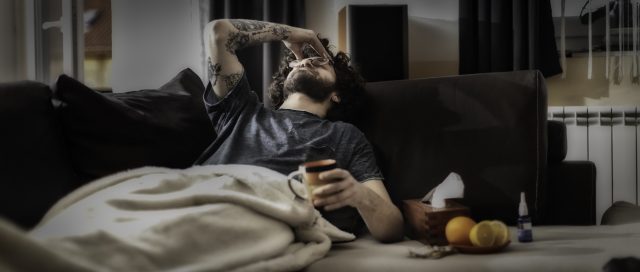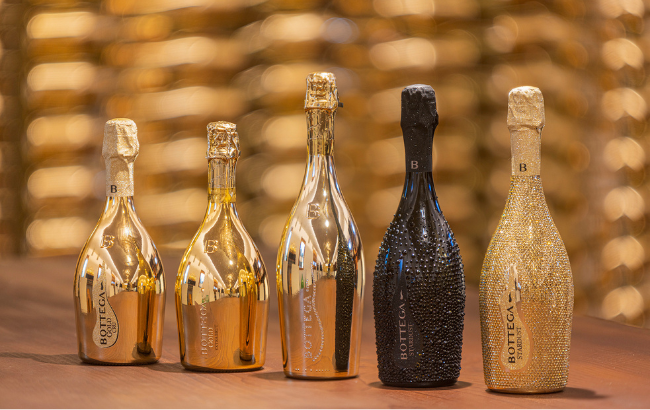No evidence ‘hangover cures’ work say scientists
By Jessica MasonBritish scientists who studied almost two dozen trials of hangover cure products have found none of them have any solid proof that they work.

The study, which was detailed in the journal Addiction cited in HealthDay, described how there was very little evidence of ‘hangover cures’ working and that the only certain way of avoiding the effects of a hangover was to either moderate alcohol intake or abstain completely.
Dr. Emmert Roberts, author and clinical research fellow at King’s College London said: “Our study has found that evidence on these hangover remedies is of very low quality and there is a need to provide more rigorous assessment. For now, the surest way of preventing hangover symptoms is to abstain from alcohol or drink in moderation.”
As part of the review, Roberts and his colleagues reportedly reviewed 21 controlled randomised trials of clove extract, red ginseng, Korean pear juice, prickly pear, artichoke extract and other alleged cures.
Partner Content
While some of the studies showed improvements in hangover symptoms, the quality of the evidence was low, admitted researchers, highlighting how this was because of limitations in study methods or imprecise measures.
According to the studies, there needed to be a more detailed review involving the nature and timing of the alcohol intake and consider the differences in the types of alcohol imbibed. The scientists also indicated that whether alcohol was given with food also impacted the results. Plus, the gender of the drinker also needed to be considered.
As such, the review stated that there was minimal evidence that common painkillers, including acetaminophen and aspirin had been evaluated in such controlled hangover trials that took all of these measures into account, meaning that claims they worked as a cure were dubious.
The scientists concluded that future studies into hangover cure claims should be more rigorous, using validated scales to assess symptoms and include both men and women to assess situations with more merit.
Related news
Trump tariff explainer: the main takeaways




